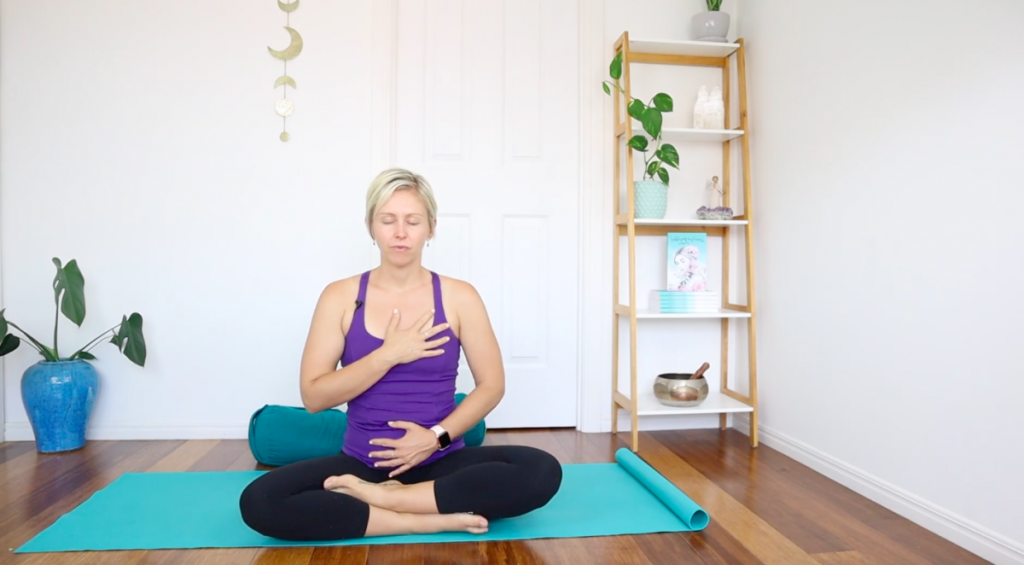Will lack of sleep affect your fertility?
Will a lack of sleep affect your fertility? From research based on shift workers (1), and considering how important sleep is for many of the vital functions of our body – it’s likely that a long-term lack of sleep will affect your ability to conceive
But hold up. Let’s not just unnecessarily add an extra stress to your life here. Having the odd late night or two is unlikely to affect your fertility. It’s the long-term unhealthy sleep habits that you’ve got to watch out for.

How does a lack of sleep affect your fertility?
The same part of your brain that regulates your sleep and awake hormones also regulates your reproductive hormones (2) (By the way this is true for both men and women.)
Disturbed circadian rhythms have been shown to affect your release of LH (luteinising hormone) which is responsible for triggering ovulation in your menstrual cycle.
Irregular menstrual cycles and issues around ovulation decrease your chances of conception.
How to make sure your sleep habits don’t affect your fertility?
Work out how much sleep you personally need.
Like most things in life, sleep requirements are individual. Women in their reproductive years usually need between 7 and 9 hours each night. Find what specific number works to help you wake up feeling well-rested and then try and get the same amount each night.
Give yourself a bed time.
The thing about circadian rhythms is that they are exactly that. Rhythms. Try to go to bed at roughly the same time every night so that your body can start to attune to that rhythm. You’ll probably notice after a few weeks you’ll naturally start to feel tired at your assigned bedtime and falling asleep straight away will become easier.
Be aware of stimulants
Avoid anything that will wind you up in the couple of hours before bedtime. This includes; bright lights, screens, social events, working out, caffeine, etc. If you’re trying to get consistent with your bedtime you want to avoid these things so that you’re not lying in bed wide awake willing yourself to switch off.
Get outside and get moving
I’ve lumped these two together because they are honestly two of the best pieces of advice when it comes to getting a good night’s sleep. Exercise helps to increase the time you’ll spend in deep sleep and can also help improve feelings of anxiety (which is one of the reasons we often struggle to fall asleep in the first place).
Time spent in nature helps by decreasing blood pressure and working to reset our circadian rhythms (so we can sleep easier).
Mindfulness and meditation
Finally it should come as no surprise that meditation and mindfulness helps to improve sleep. Being aware of what is going on in our minds breaks the stream of anxious thoughts and helps the body and mind deeply relax ready for sleep.
If you’d like to practice a guided fertility meditation for sleep try this one below.
Do you struggle with getting to sleep? Share your tips with us in the comments.
Article Sources
- Fernandez RC, Marino JL, Varcoe TJ, et al. Fixed or Rotating Night Shift Work Undertaken by Women: Implications for Fertility and Miscarriage. Semin Reprod Med. 2016;34(2):74-82. doi:10.1055/s-0036-1571354
- Goldstein CA, Smith YR. Sleep, Circadian Rhythms, and Fertility. Current Sleep Medicine Reports. 2016;2(4):206-217. doi:10.1007/s40675-016-0057-9.
